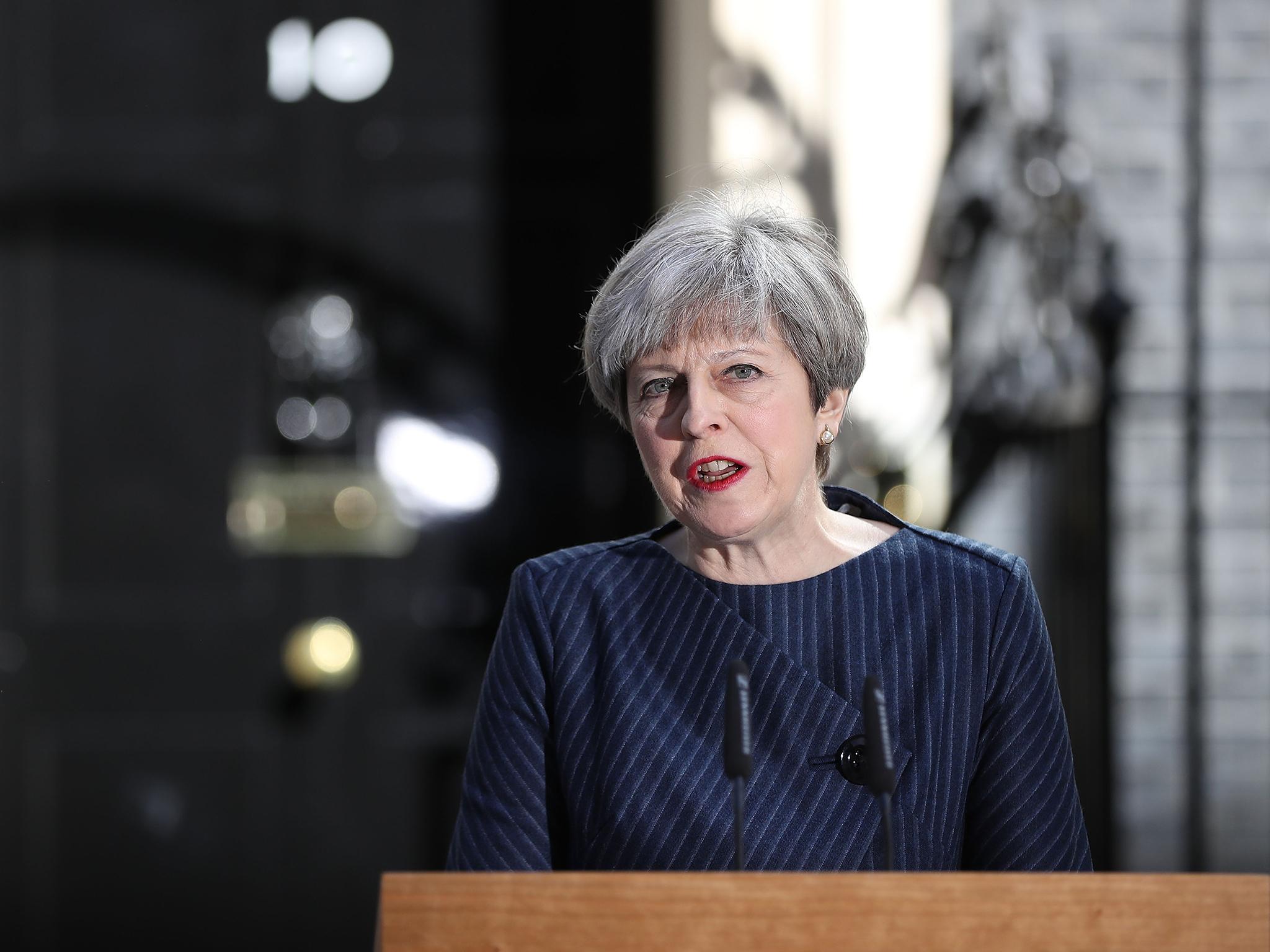We should divert Brexit festival funds to help save the arts
Editorial: This is the kind of imaginative politics that could make the Liberal Democrats relevant again

It is not really called the “Festival of Brexit”. The government’s title for it is the Festival of Britain, and Theresa May announced that it would be happening in 2022 to “showcase” the UK’s creativity and innovation and to be “a moment of national celebration”.
The former prime minister may have agreed to the suggestion, originally made by Jacob Rees-Mogg, now the leader of the House of Commons, as a sop to those in her party who did not believe that she was a real Brexiteer. In which case it is fair to ask whether the £120m of public money to be spent on it – confirmed by Boris Johnson in December – will provide good value.
As we report today, Daisy Cooper, the Liberal Democrats’ culture spokesperson, proposes that the money should be diverted to help save jobs in the existing arts sector. This seems eminently sensible.
The Independent has nothing against governments spending taxpayers’ money on effective campaigns to promote inward investment, but we are not convinced by this scheme. It seems to be an attempt to do several different things at once, and none of them well: to celebrate Brexit, to promote British technology and to mark a random series of anniversaries, namely the Queen’s platinum jubilee (70 years on the throne); the 75th anniversary of the Edinburgh festival and fringe; and the 100th birthday of the BBC.
Even if we were sure that this attempt to mimic the 1951 Festival of Britain and the 1851 Great Exhibition is a good idea, we would still argue that the cause of saving the arts from the ravages of what we hope is a short-lived economic crisis is more important.
Ms Cooper is right to set out a plan for the “immediate survival, recovery and renewal” of the creative industries, and to suggest that it should be a more urgent priority than something that could easily be little more than government propaganda.
Of course, it is fair to ask why the saving from cancelling the “Festival of Brexit” should be applied to the arts rather than, say, the aviation sector, for which the Labour Party is lobbying. There are many other industries that have been particularly hard hit by the coronavirus recession, and the chancellor has tried, for example, to direct help towards the hospitality business.
Arts and music festivals have been some of the biggest economic casualties of social distancing, however, with the loss not just of Glastonbury and Reading but of thousands of literature, theatre and dance events.
But we all know that public money is not an unlimited resource, even if it has seemed a bit like it recently. Hence the ingenuity of identifying a specific sum that could be spent more wisely.
Aneurin Bevan’s great aphorism never applied exclusively to socialism. He should have said the language of priorities is the religion of politics. This is a good example of a politician getting her priorities right. It is the kind of imaginative policy that could help make the Lib Dems relevant again.
Join our commenting forum
Join thought-provoking conversations, follow other Independent readers and see their replies
Comments